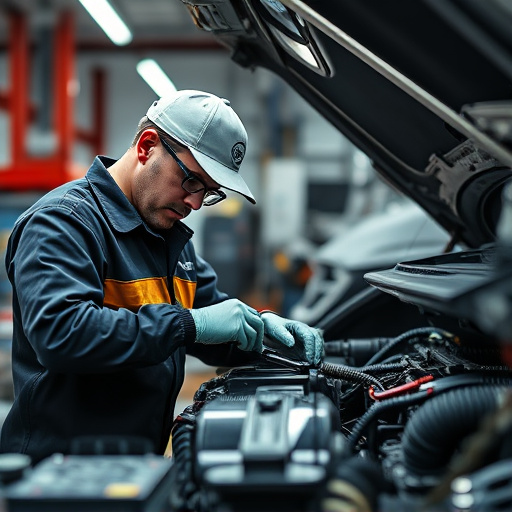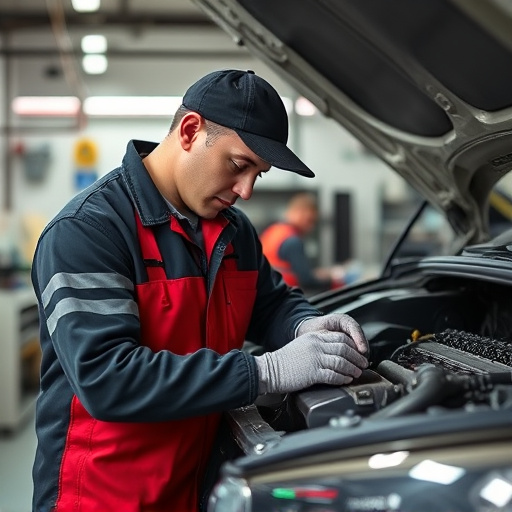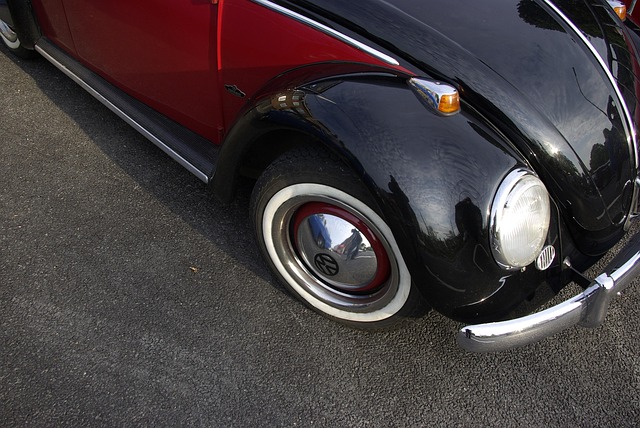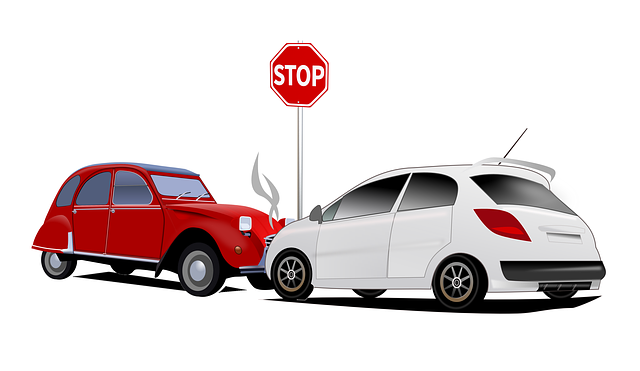EPA compliant body shops adopt stricter environmental regulations, focusing on waste management, emission reduction, and eco-friendly materials. They utilize advanced systems for hazardous waste disposal, greener cleaning agents, and energy-efficient equipment. This transformation attracts eco-conscious customers, positions them as responsible community stewards, and drives the automotive industry towards a more sustainable future.
EPA compliant body shops are evolving to meet stringent new environmental regulations, positioning themselves as leaders in sustainable automotive care. This article explores the dynamic landscape of these shops, focusing on understanding and adhering to EPA directives. We delve into the adoption of eco-friendly materials, a shift towards sustainability, and examine how technology streamlines operations for optimal compliance. Discover strategies that empower body shops to thrive while minimizing their environmental footprint.
- Understanding EPA's New Environmental Regulations for Body Shops
- Adopting Sustainable Practices: The Shift to Eco-Friendly Materials
- Streamlining Operations: Technology's Role in Compliance Maintenance
Understanding EPA's New Environmental Regulations for Body Shops
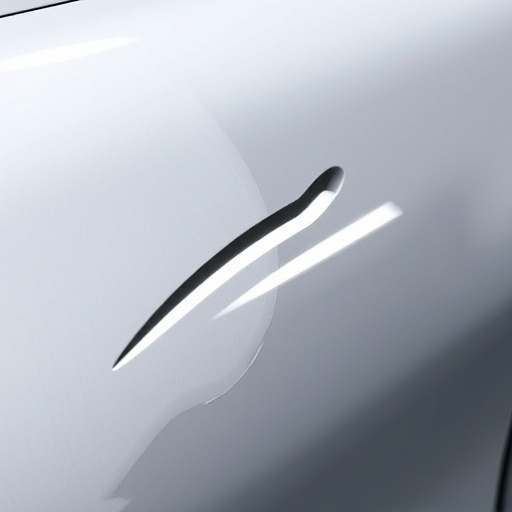
The Environmental Protection Agency (EPA) has recently introduced stricter environmental regulations for body shops, aiming to minimize their ecological footprint. These new standards focus on managing hazardous waste, reducing emissions from painting and coating processes, and promoting the use of eco-friendly materials. For auto repair near me that also offer frame straightening and auto glass replacement services, adhering to these EPA compliant practices is becoming increasingly vital.
Compliance involves implementing advanced waste management systems to safely dispose of old paints, solvents, and other chemicals. Body shops are also encouraged to adopt greener cleaning agents and energy-efficient equipment for painting and straightening processes. By embracing these changes, EPA compliant body shops not only contribute to a healthier environment but also position themselves as responsible stewards within their communities, potentially attracting eco-conscious customers seeking services like frame straightening and auto glass replacement.
Adopting Sustainable Practices: The Shift to Eco-Friendly Materials

As EPA compliant body shops navigate evolving environmental regulations, a notable shift is occurring towards adopting sustainable practices and eco-friendly materials. This transition isn’t merely about meeting legal standards; it’s a strategic move to reduce their environmental footprint and contribute to a greener future. Traditional methods of car dent removal and autobody repairs often involve harmful chemicals and intensive energy consumption. However, many forward-thinking body shops are now embracing alternative techniques, such as paintless dent repair, which minimizes waste and reduces the use of toxic substances.
This shift towards sustainability is not only beneficial for the environment but also attracts environmentally conscious customers. By utilizing eco-friendly materials and methods like paintless dent repair, these body shops position themselves as responsible stewards of the planet while offering high-quality services. This dual benefit—meeting regulatory requirements and appealing to a growing market of environmentally mindful consumers—drives the industry towards a brighter, more sustainable future for both businesses and the planet.
Streamlining Operations: Technology's Role in Compliance Maintenance
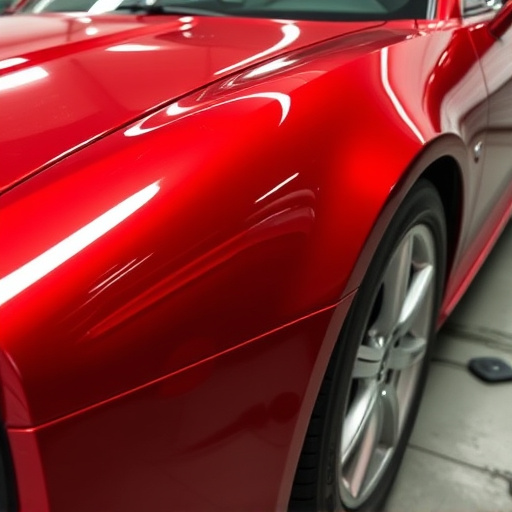
The automotive industry is undergoing a significant transformation as EPA compliant body shops embrace new environmental standards. One of the key strategies in this transition is the integration of technology to streamline operations and maintain compliance. Advanced software solutions enable these auto repair shops to track and manage waste materials, ensuring proper disposal according to EPA regulations. For instance, specialized systems can identify different types of scrap metal, plastics, and hazardous substances generated during car restoration processes, facilitating their segregation and recycling.
Furthermore, digital tools enhance efficiency in vehicle repair by optimizing inventory management. This reduces the risk of overspending on unnecessary parts while ensuring that replacement components meet the required environmental standards. As a result, EPA compliant body shops can minimize their ecological footprint while delivering high-quality car restoration services, setting them apart in a competitive market.
EPA compliant body shops are not just meeting new environmental regulations; they are leading a shift towards a greener automotive industry. By adopting sustainable practices, utilizing eco-friendly materials, and leveraging technology for streamlined operations, these shops are not only complying with standards but also setting benchmarks for environmental stewardship. This adaptive approach ensures that the future of auto repair is both profitable and planet-friendly.

